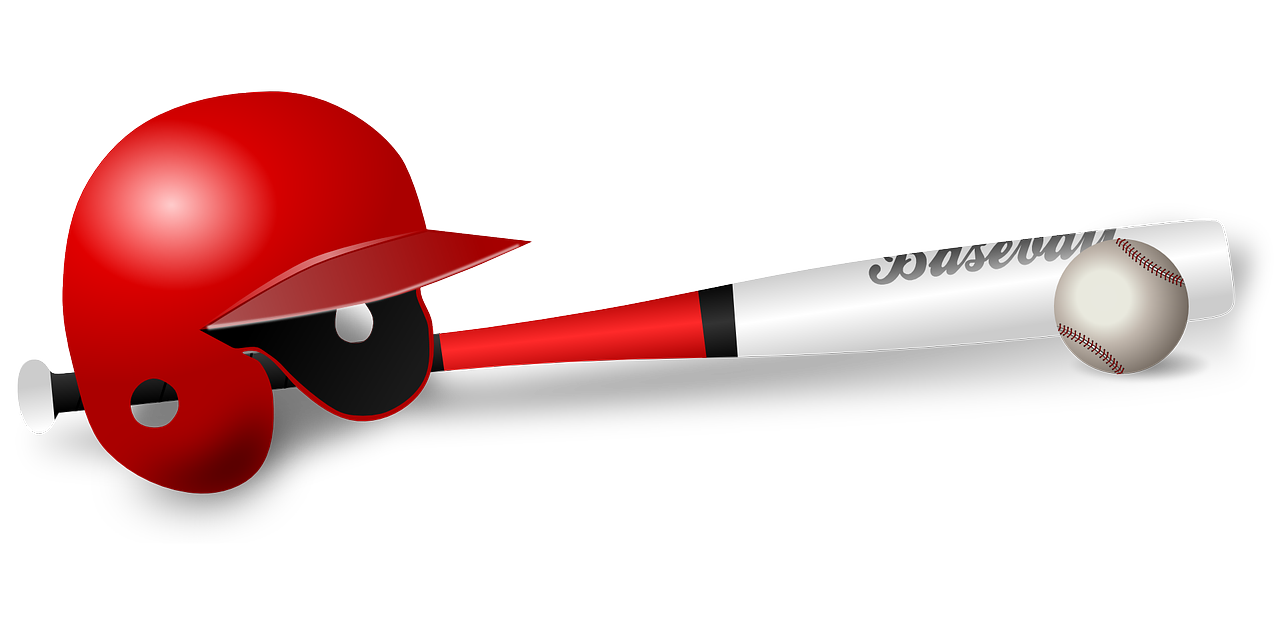If you’ve ever wondered what you can do with an Economics degree, you’re in the right place. Economics is a versatile field that opens doors to a wide range of exciting career opportunities.
In this article, we’ll explore some potential career paths, provide expert insights, and answer some frequently asked questions to help you make an informed decision about your future with an economics degree.
Table of contents
- What Can I Do with an Economics Degree?
- #1. Financial Analyst
- #2. Economic Researcher
- #3. Management Consultant
- #4. Statistician
- #5. Government Economist
- #6. Investment Banker
- #7. Data Scientist
- #8. Actuary
- #9. Market Research Analyst
- #10. International Trade Specialist.
- #11. Environmental Economist
- #12. Urban Planner
- #13. Corporate Finance Analyst.
- #14. Healthcare Economist
- #15. Public Policy Analyst
- #16. Education Administrator
- #17. Real Estate Appraiser
- #18. Risk Analyst
- #19. Retail Buyer
- #20. Economic Journalist
- #21. International Aid Worker.
- #22. Entrepreneur
- #23. Data Analyst
- #24. Sales Manager.
- #25. Non-profit Program Manager
- Frequently Asked Questions
- Conclusion
- References
- Recommendations
What Can I Do with an Economics Degree?
Earning a degree in economics equips you with critical thinking, problem-solving, and data analysis skills that are highly valued in various industries.
The knowledge and expertise you gain in economics can lead you to a rewarding and prosperous career. So, let’s dive into the world of possibilities.
#1. Financial Analyst
As a financial analyst, you’ll evaluate financial data and trends to provide investment recommendations. Your insights help individuals and organizations make informed decisions about their investments.
#2. Economic Researcher
Economic researchers collect and analyze data to provide valuable insights into economic issues. They often work in government agencies, think tanks, and academic institutions.
You can read this: What Can You Do with a Public Health Degree?
#3. Management Consultant
Management consultants help businesses solve complex problems, improve performance, and maximize growth. An Economics degree provides a strong foundation for this role.
#4. Statistician
Statisticians analyze data to solve real-world problems. They are in high demand across various sectors, including healthcare, government, and finance.
#5. Government Economist
Working for government agencies, government economists develop and analyze economic policies, providing valuable input for decision-making at the national level.
#6. Investment Banker
Investment bankers facilitate financial transactions for their clients, including mergers, acquisitions, and initial public offerings (IPOs).
#7. Data Scientist
In the age of big data, data scientists are crucial. They use their analytical skills to extract valuable insights and drive data-driven decisions.
#8. Actuary
Actuaries assess and manage risk in various industries, particularly in insurance and finance. They play a key role in predicting future events based on historical data.
#9. Market Research Analyst
Market research analysts study market conditions to help companies understand their customers and make informed decisions about products and services.
Also, read this: What Is a High School Degree Called
#10. International Trade Specialist.
If you have an interest in global economics, you can work as an international trade specialist, helping businesses navigate international markets and trade regulations.
#11. Environmental Economist
Environmental economists focus on the relationship between economic systems and the environment, providing solutions for sustainable resource use.
#12. Urban Planner
Urban planners use economic principles to design and develop communities, ensuring they are functional, sustainable, and economically viable.
#13. Corporate Finance Analyst.
These professionals manage a company’s financial portfolio, making decisions on investments, acquisitions, and capital budgeting.
#14. Healthcare Economist
Healthcare economists assess the economic aspects of healthcare systems and help to improve the efficiency and affordability of healthcare services.
#15. Public Policy Analyst
Public policy analysts study government policies and their impact on society, providing recommendations for better policy development.
Also, you can check this: What Can I Do With a CS (Computer Science) Degree
#16. Education Administrator
With an Economics degree, you can enter the field of education administration, overseeing budgets, planning, and policies in schools and colleges.
#17. Real Estate Appraiser
Real estate appraisers determine the value of properties, which is crucial for buying, selling, and financing real estate.
#18. Risk Analyst
Risk analysts work in financial institutions to assess and manage financial risks, ensuring the stability and profitability of the organization.
#19. Retail Buyer
Retail buyers make purchasing decisions for stores, ensuring they stock the right products to meet customer demand and generate profits.
#20. Economic Journalist
Economic journalists report on economic trends, making complex economic concepts accessible to the public.
#21. International Aid Worker.
With an Economics degree, you can work for international organizations, helping countries in need by providing economic support and aid.
#22. Entrepreneur
Many successful entrepreneurs have economic backgrounds, as the subject equips you with skills in market analysis, risk assessment, and decision-making.
Also, check this: Can You Teach With an Undergraduate Degree College
#23. Data Analyst
Data analysts collect and interpret data to help organizations make informed decisions and improve their operations.
#24. Sales Manager.
Sales managers oversee sales teams, set goals, and create strategies to maximize revenue for their companies.
#25. Non-profit Program Manager
Working for non-profit organizations, program managers oversee budgets, operations, and fundraising to support their mission.
Now that you have a comprehensive list of career possibilities with an Economics degree, you may be wondering, “What can I do with an Economics degree?” The answer is that the opportunities are abundant. It’s about finding your passion and aligning your skills with your career goals.
See also: What’s the Highest Degree you can Get? Flash Update
Frequently Asked Questions
Economics graduates are in demand across various industries. Their skills in analysis and critical thinking are highly valued.
Earnings vary depending on the specific job and location, but Economics graduates often enjoy competitive salaries.
Absolutely! Many careers in economics have an international scope, making it possible to work in different countries.
While a master’s degree can open up more opportunities, many rewarding careers are available to those with a bachelor’s degree.
To stand out, gain practical experience through internships, and demonstrate your analytical and problem-solving skills.
Yes, economics careers often offer opportunities for advancement into leadership and management roles.
Conclusion
An Economics degree offers a world of opportunities. Whether you’re interested in finance, research, policy, or any other field, the skills you gain will be highly valuable. So, pursue your passion with confidence, knowing that the future with an Economics degree is bright.






